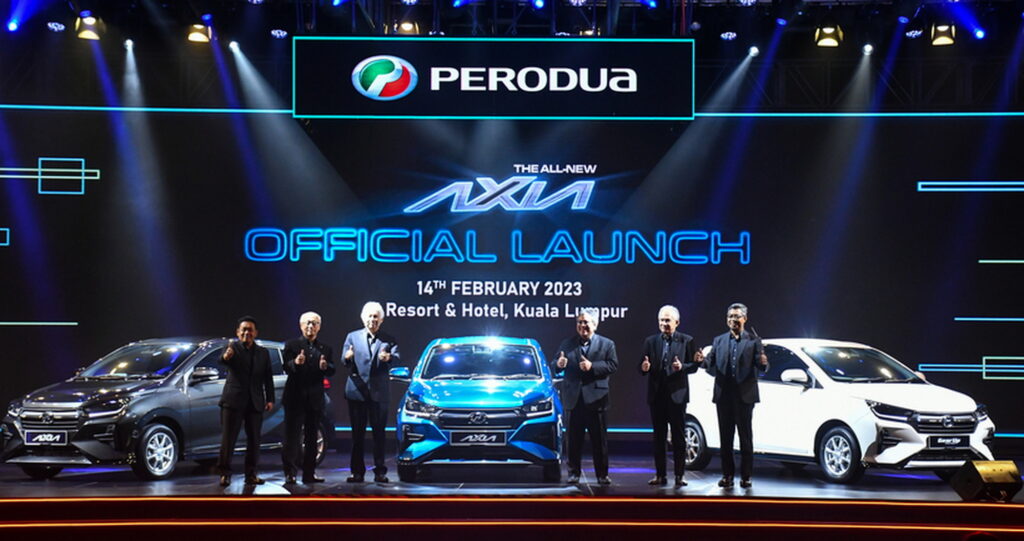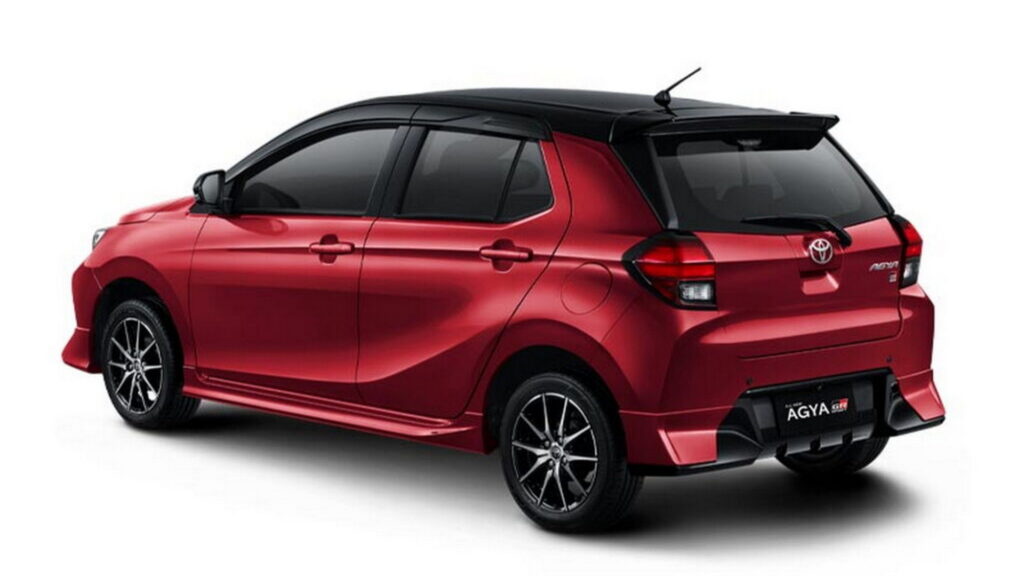Both Toyota and Daihatsu today confirmed that wrongdoings were committed in the conducting of crash tests on four vehicles. The models, developed by Daihatsu, were sold in a variety of international markets, such as Thailand, Mexico, Ecuador, and the Middle East.
“Daihatsu Motor Co., Ltd.’s wrongdoing is a matter that concerns safety, which is the most important aspect of vehicles,” said Akio Toyoda, chairman of the board at Toyota. “We consider this an absolutely unacceptable act that betrays the trust of our customers. We would like to sincerely apologize to our customers around the world.”
In a release, Daihatsu confirmed that, in April, an internal source found evidence that the inside lining of the front doors were improperly modified for crash tests on certain vehicles. This was done to prevent the part from breaking into pieces with sharp edges that could injure occupants during a side airbag deployment, reports Reuters.
Read: Toyota’s Hino Accused Of Falsifying Emissions Data For Nearly 20 Years

The issue affects 76,289 examples of the Toyota Yaris ATIV, which started being made in August 2022 at Daihatsu’s plants in Thailand and Malaysia. The vehicle was primarily sold in Thailand, Mexico, and the Gulf Cooperation Council (Saudi Arabia, UAE, Kuwait, Qatar, Bahrain, and Oman).
It also affects 11,834 examples of the Perodua Axia, which started being built in February 2023, in Malaysia, and was primarily sold in that same country. The improprieties also affect the Toyota Agya, which was planned to start production this June, to be sold in Ecuador, as well as some other models that are still in development.
Daihatsu said that after investigating its internal report, it consulted with inspection and certification authorities and promptly halted shipments of the affected vehicles. It now plans to re-test the vehicles using the proper parts, with external authorities present for validation. If the vehicles pass, it will resume shipments.
Toyoda said his company is now also working to investigate the full extent of Daihatsu’s wrongdoings and the root causes. He said the company is working to prevent similar issues from reoccurring in the future.
“As the top executive officer, President [Koji] Sato will take responsibility for improving the car manufacturing operations of Toyota and the group companies, while I, as the Chairman of the Board and with my recall issue experience, will lead initiatives for governance and compliance,” Toyoda said. “The Toyota Group as a whole will do its utmost to regain the trust of our customers as soon as possible.”





